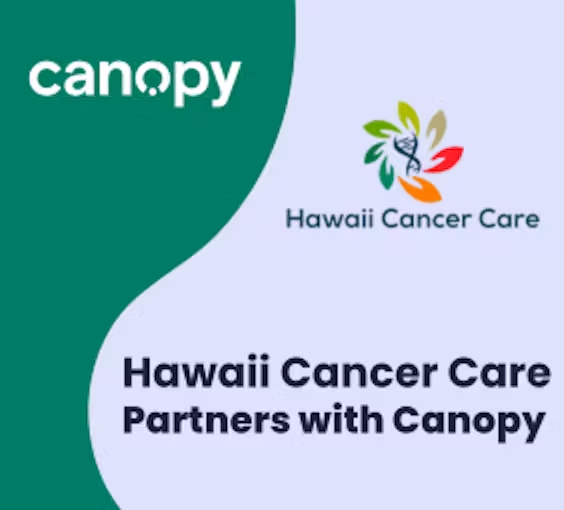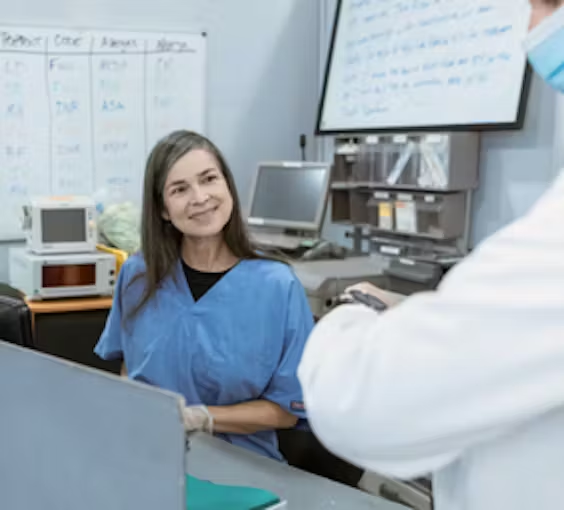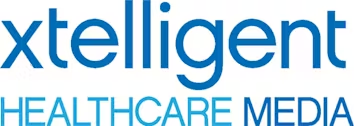New York Cancer & Blood Specialists Partners with Canopy
New Partnership Will Further Enhance Patient Outcomes Through Continuous Care Management New York Cancer & Blood Specialists (NYCBS), one of the nation’s leading oncology practices, today announced a partnership with Canopy, the first Intelligent Care Platform for oncology, to further enhance patient outcomes through continuous care management. NYCBS officially launched the Canopy Platform after a rapid implementation.
Read more
.png.avif)








